February 8, 2024
 from Dr. Bill Hudson, head of school
from Dr. Bill Hudson, head of school
In recent months, I have initiated HeadSpace, inviting MPA parents to join me in addressing how best to ensure that MPA prepares students to “live, learn, and thrive in our increasingly complex and globalized society,” a priority outlined in our strategic plan for 2024ward. A startling statistic I recently encountered suggests that 70% of the jobs in 2030 have yet to be created, underscoring the urgent need for transformative changes in education.
On Tuesday evening, several parents and I engaged in a profound discussion regarding Generative Artificial Intelligence (GAI) and its potential to revolutionize education. GAI represents a unique subset of AI distinguished by its ability to produce new, high-quality content efficiently across various modalities. Unlike traditional AI systems, which primarily focus on analysis and prediction, GAI possesses the capacity for creative synthesis, generating original content such as audio, code, images, text, simulations, and videos. Powered by advanced algorithms, GAI models can learn from existing data to create realistic and novel outputs that emulate human creativity and ingenuity. This capacity for generative creativity holds profound implications for fields such as art, design, storytelling, and content creation, offering limitless opportunities for innovation and expression in the digital age.
Reflecting on how MPA can equip students to thrive in today’s increasingly complex society, I came across a Facebook post from our Alumni Association featuring Sofie Netteberg, an MPA Class of 2016 graduate. Sofie is currently enrolled in the MIT Leaders for Global Operations (LGO) program, where students earn both an MBA from Sloan and an MS from MIT’s School of Engineering with a focus on computer science and operations. A graduate of Williams College with majors in statistics and global studies, Sofie describes herself as a, “Life-long nerd who will use technology to ensure the health and happiness of future generations.” Read More
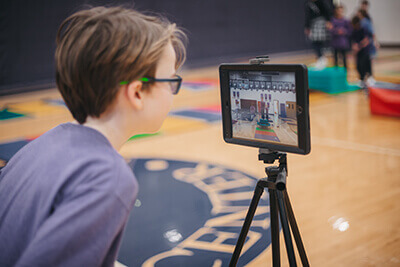 from Dr. Bill Hudson, head of school
from Dr. Bill Hudson, head of school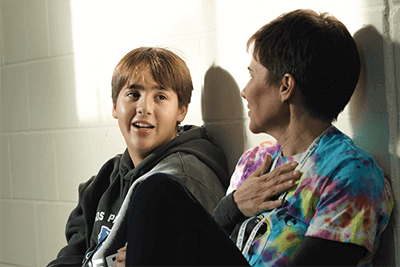 from Dr. Bill Hudson, head of school
from Dr. Bill Hudson, head of school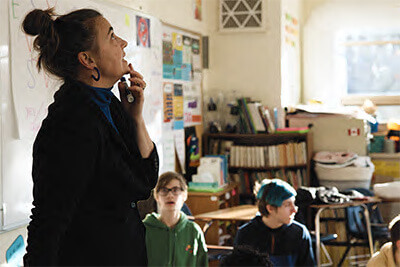 from Bill Hudson, head of school
from Bill Hudson, head of school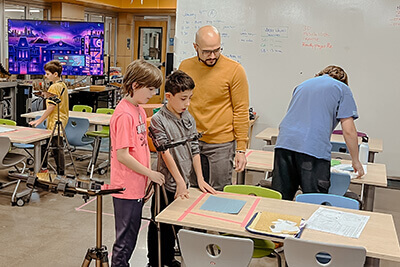 I’m not a big fan of New Year’s resolutions. I’ve made them in the past and forgotten about them within a few weeks—workout machines that soon become a place to drape clothes or a gym membership that quickly goes unused. What I’ve learned over the years is that committing to continual improvement is more sustainable and successful than a one-time set of resolutions.
I’m not a big fan of New Year’s resolutions. I’ve made them in the past and forgotten about them within a few weeks—workout machines that soon become a place to drape clothes or a gym membership that quickly goes unused. What I’ve learned over the years is that committing to continual improvement is more sustainable and successful than a one-time set of resolutions.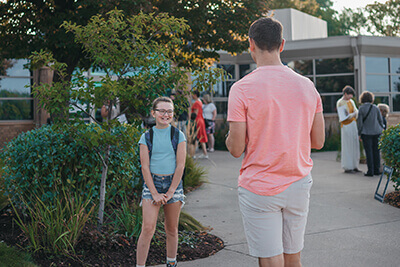 from Dr. Jenn Milam, Middle School director
from Dr. Jenn Milam, Middle School director from Jennifer Le Varge, Lower School director
from Jennifer Le Varge, Lower School director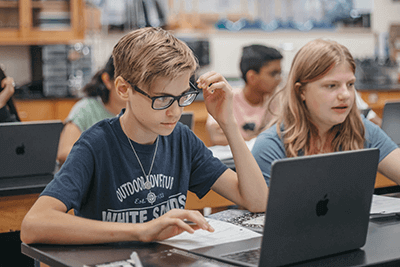 from Bill Hudson, head of school
from Bill Hudson, head of school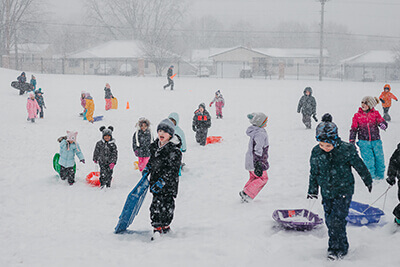 from Dr. Bill Hudson, head of school
from Dr. Bill Hudson, head of school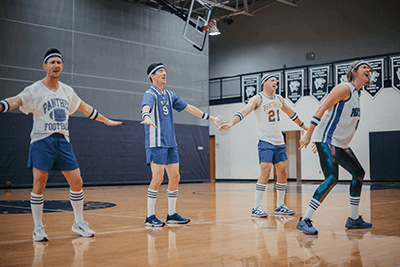 from Jennifer Rogers-Petitt, director of development and community engagement
from Jennifer Rogers-Petitt, director of development and community engagement